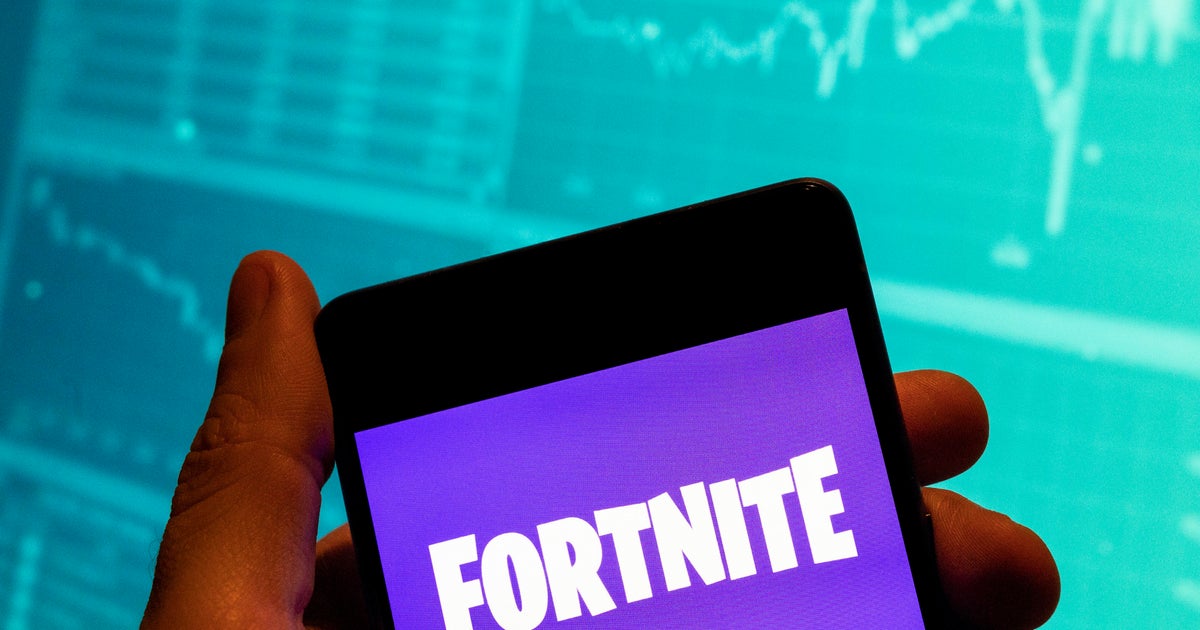Fortnite blocked from App Store in May 2025
"Fortnite" developer Epic Games claims that Apple has not only failed to approve the app for the US, but it has now even removed it from the European Union App Store.
After its first submission of "Fortnite" to the App Store was allegedly ignored by Apple, Epic Games has announced that the game has now been blocked. It will seemingly not be returning to the US App Store, and Apple has reportedly removed it from the European one, despite previously being forced to allow it.
Apple has blocked our Fortnite submission so we cannot release to the US App Store or to the Epic Games Store for iOS in the European Union. Now, sadly, Fortnite on iOS will be offline worldwide until Apple unblocks it.
— Fortnite (@Fortnite) May 16, 2025
Epic Games CEO Tim Sweeney has given no further explanation, and Apple has not commented publicly.
However, the whole legal battle between the two companies started when Epic Games purposely violated Apple's App Store rules in 2020. Apple then pulled the developer's game account, and wanted to remove all of the company's different App Store accounts.
Apple was told then that it had to allow the company's Unreal Engine account, as removing it would have harmful effects on countless users. Then in 2024, the EU forced new App Store rules onto Apple, and as a result, Epic Games and "Fortnite" returned within the European Union.
Subsequently, the two companies went to trial, and Apple won the entire case — but for a single issue. That issue concerned anti-competitive practices and Apple failed to fully comply with the court's requirements.
As a consequence of what Judge Yvonne Gonzalez Rogers described as Apple's "insubordination," the company was given explicit instructions on how it must now comply. Apple has been forced to follow those rules, even as it appeals against the decision.
The judge's rules concern Apple having to stop charging certain fees, and most specifically to allow developers to by pass its in-app purchase fees. Developers must now be allowed to direct users to their alternative, third-party payment processes.
Epic Games presumed — or wanted to be seen to presume — that this meant it could return to the US App Store. Direct linking out to its own payments is what it has been striving for, and was at the center of its initial violation of Apple's rules.
On May 6, 2025, Epic Games announced that "Fortnite" would be returning to the US App Store within a week. This followed a tweet on May 3 when he claimed to have been in negotiations with Apple.
We have conversed with Apple on the topic and will use our Epic Games Sweden account to submit Fortnite to the US App Store. We created this account last year to launch Epic Games Store and Fortnite in the European Union, and Apple required an EU-domiciled account.
— Tim Sweeney (@TimSweeneyEpic) May 3, 2025
"I would be very surprised if Apple took action to block it," said Sweeney in an interview at the time. "I can't imagine Apple blocking Fortnite at this point."
"We've told Apple what we're doing. We've told their developer relations team," he continued.
Then on May 9, 2025, Epic Games submitted "Fortnite" to the App Store and its app review team. By May 14, Apple had not approved the game, and — claiming it had an update release ready to submit — Epic Games pulled its submission.
At some point after that, the games company submitted its newly updated version of "Fortnite" to the App Store. It then was then allegedly ignored by Apple and now, according to Sweeney, the existing app in the EU has been removed.
While frustrating for "Fortnite" users, it isn't clear how Epic Games expected to bring it back. The company equated — or wanted to appear to equate — Apple being forced to accept third-party payment systems with Apple being forced to accept "Fortnite."
Instead, it still stands that Epic Games intentionally violated App Store agreements. It's also not clear why Apple allowed it back onto the EU store and has now, reportedly, blocked the app even there.
Also not clear is why Epic isn't publishing the title on Mac, as it does not need Apple's permission to self-publish on that platform.










